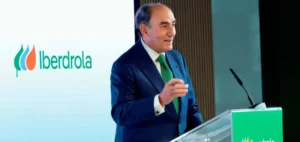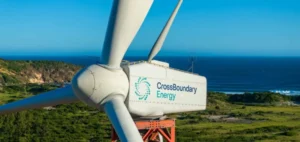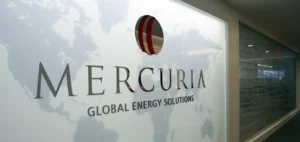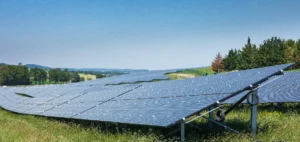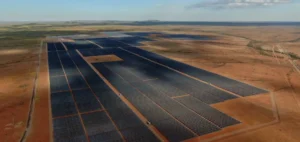Harry Sideris, a 28-year Duke Energy veteran, has been promoted to President, effective April 1. Duke Energy thus marks a new era in its management and reinforces its commitment to the energy transition. This senior management reshuffle is designed to consolidate the company’s efforts to lead one of the largest transitions to clean energy in the United States, while ensuring reliability and affordability for its customers. The company had already passed the 10GW mark for renewables in 2021.
Harry Sideris promoted to President of Duke Energy
In his new role, Sideris will oversee Duke Energy’s operations and customer services, covering both the electricity and gas sectors. Prior to his promotion, Sideris played a crucial role in the Employee Value Proposition (EVP) and led key initiatives in transmission, distribution and customer operations, as well as economic development.
Steve Young’s retirement and transition
At the same time, Steve Young, Chief Commercial Officer, announced his retirement from Duke Energy, effective June 30, after a career spanning more than 40 years. Young will continue to serve the company as a senior consultant until his retirement. Having served as Chief Financial Officer for nine years before becoming Chief Compliance Officer in September 2022, Young has made significant contributions to Duke Energy’s growth trajectory, including overseeing the commercial renewables business, the natural gas business unit, and the generation and transmission strategy.
These appointments lead to a reorganization of Duke Energy’s management committee. In addition to Sideris, the committee now includes Brian Savoy, EVP and CFO; Louis Renjel, Chief Corporate Affairs Officer; and Kodwo Ghartey-Tagoe, EVP, Chief Legal Officer and Corporate Secretary. In addition, several executives will take on expanded roles to cover the responsibilities left by Young and support Sideris’ ambitions in its new functions.








